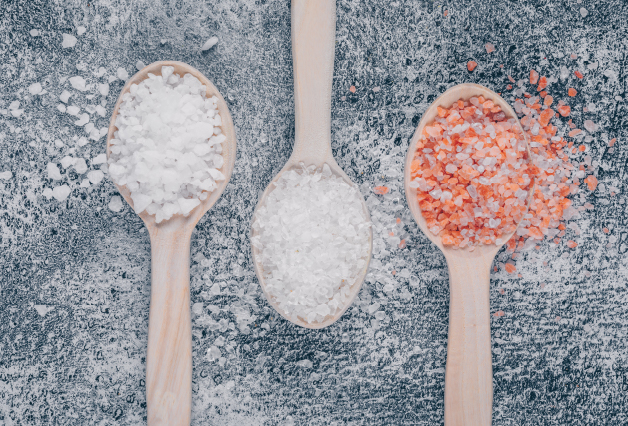Recent findings by the Food and Agriculture Organisation (FAO) have revealed alarming levels of microplastics in everyday food items like sugar and salt. According to the study by FAO, iodised salt contained the highest concentration of microplastics, with 89.15 pieces per kilogramme, while organic rock salt produced the lowest concentration, with 6.70 pieces per kilogramme. In sugar, the microplastic particles varied between 11.85 to 68.25 pieces per kilogramme, with non-organic sugar showing the highest levels. Further, Toxics Link, another environmental research organisation conducted a study, titled ’Microplastics in Salt and Sugar’. The study tested 10 types of salt, and five types of sugar purchased from both online and local markets. The study confirmed the presence of microplastics in all samples, with particles identified as fibres, pellets, films, and fragments ranging from 0.1 mm to 5 mm.
In response to the growing concern over microplastic contamination, the Food Safety and Standards Authority of India (FSSAI) launched a project in New Delhi on 18 August 2024 to combat the rising concern of microplastic contamination in food. The project, titled ‘Micro-and Nano-Plastics as Emerging Food Contaminants: Establishing Validated Methodologies and Understanding the Prevalence in Different Food Matrices’, initiated in March 2024, seeks to address microplastic pollution in the Indian food supply. The project aims to develop and validate analytical methods for detecting micro and nano-plastics in a wide range of food products, assess their prevalence, and evaluate exposure levels in India.
The FSSAI’s initiatives has several key objectives. These include:
Developing standard protocols for the analysis of micro and nano-plastics
Conduct inter-laboratory comparisons to ensure accuracy and consistency in testing
Generating a database on consumer exposure to microplastics
To achieve these goals, FSSAI is collaborating with leading research institutions across the country, including, the CSIR-Indian Institute of Toxicology Research in Lucknow, the ICAR-Central Institute of Fisheries Technology in Kochi, and the Birla Institute of Technology and Science in Pilani.
While global studies have highlighted the presence of microplastics in various foods, there is a pressing need for reliable, India-specific data. This FSSAI project aims to bridge that gap by determining the extent of microplastic contamination in Indian food products. The findings will not only guide regulatory actions within India but will also contribute to the global understanding of this critical issue, positioning Indian research as a key player in the worldwide effort to combat microplastic pollution.
This initiative is especially significant in light of recent data showing that nearly 12% of Indian-tested spices have failed to meet the quality standards set by the FSSAI. The regulator’s proactive approach in addressing food safety and compliance underscores its commitment to protecting public health and ensuring the safety of the food supply.

